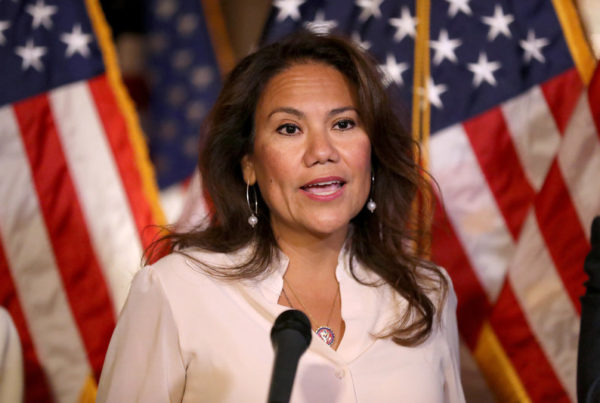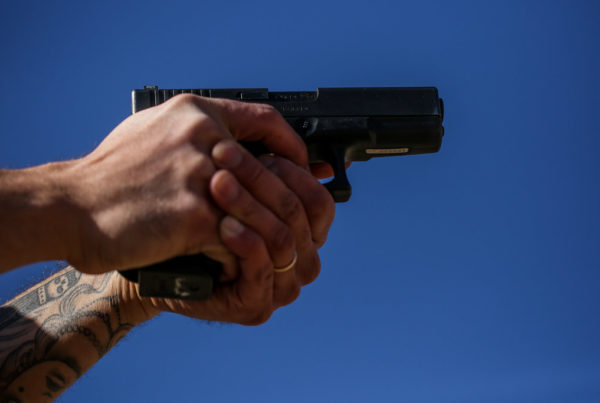In the wake of the failure of an app used by precinct leaders to report results in Monday’s Iowa caucuses, the future looks uncertain and perilous for Democrats, especially as President Donald Trump prepares to give his State of the Union address on Tuesday evening, and faces an impeachment vote in the Senate that will likely result in his acquittal on Wednesday.
Richard Pineda is chair of the Communications Department at the University of Texas-El Paso. He says the app failure in Iowa, which means no caucus winner has been declared, provides a rhetorical victory to Trump, and a source of uncertainty to Democrats and their candidates.
“Going into Tuesday, I think the Democrats are really flailing,” Pineda says.
Democrats can neither control the narrative leading up to next week’s New Hampshire primary, or move forward behind a front-runner.
Texan and former presidential candidate Julián Castro declared the Iowa caucus situation “a mess” on Twitter. He has been active in a movement to change the primary process to focus more on states whose demographics are more representative of the U.S. as a whole than either Iowa or New Hampshire.
“I think that there is a good chance that the biggest loser at this point in the primary is going to be the state of Iowa,” Pineda says. “The Iowa Democratic Party really has egg on its face.”
For candidates headed to New Hampshire and on to the Super Tuesday contests that include Texas, Pineda says fundraising is likely to be the biggest challenge. Without Iowa results, no candidate has the momentum required to add substantial amounts of money to their coffers.
“That’s the reason that the ‘Iowa bump’ has so much significance for candidates,” Pineda says.
Candidates can’t reap the benefits of the news cycle, either, Pineda says. Trump will do that.
Written by Shelly Brisbin.














